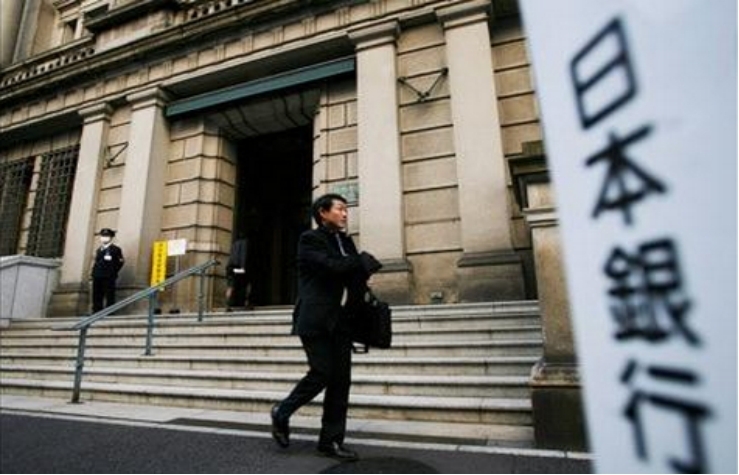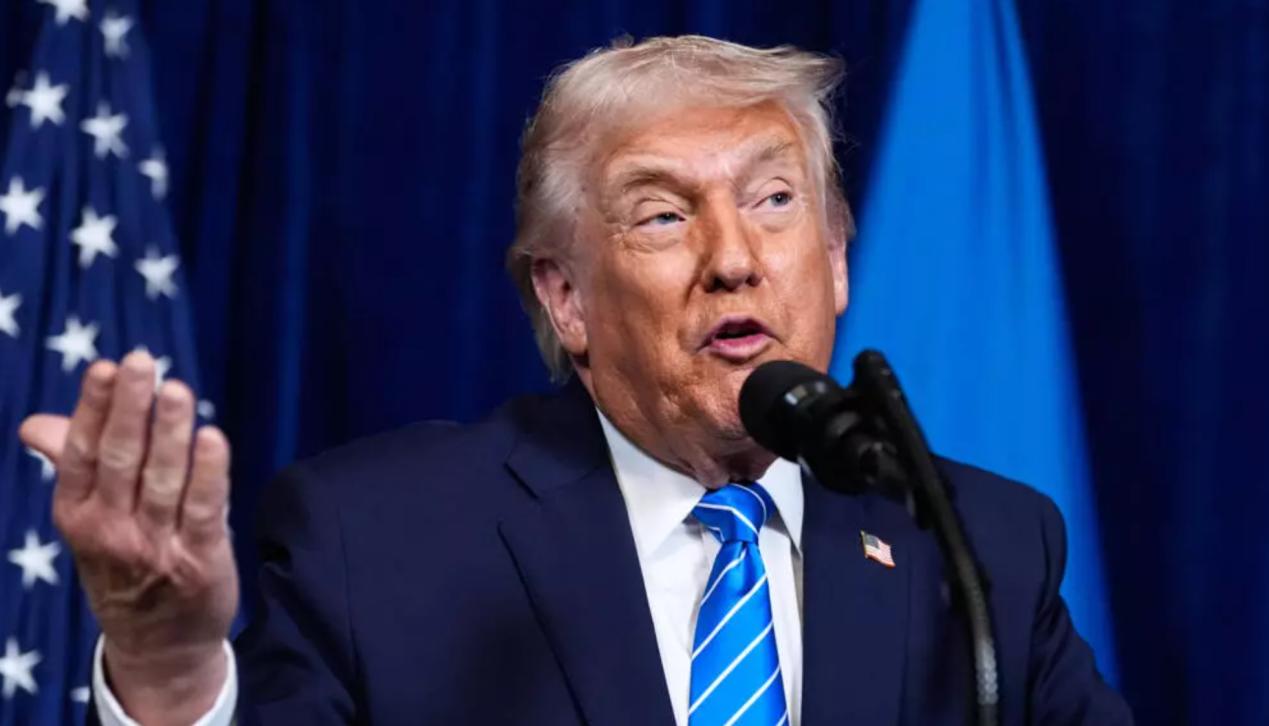
In the current global economic landscape, every subtle move in the financial markets pulls at the heartstrings of countless investors. Recently, market expectations that the Bank of Japan may raise interest rates further are significantly increasing, especially in January to raise the speculation is particularly hot. This expectation is based not only on a prudent analysis of the global economic situation, but also on the schedule of the BOJ's recent monetary policy meeting and the public statements of BOJ Governor Kazuo Ueda. However, behind this series of seemingly clear market expectations, in fact, there are many complex and imperceptible economic logic and risk considerations.
First, we need to pay attention to the two upcoming monetary policy meetings of the Bank of Japan, which are December 18-19 and January 23-24, 2025. These meetings are not only an important occasion for the Bank of Japan's policy makers to assess the current economic situation, but also a window for market participants to peek into the future direction of monetary policy. However, the market's expectations are not static, but fluctuate with the release of various economic data and changes in the global economic environment.
In late November, more than 60% of market participants predicted that the BOJ would raise rates at its December meeting. Over time, however, that expectation has waned in favor of a more likely January rate hike. This change in expectations is undoubtedly closely related to the statement of the Bank of Japan President Ueda and O. In an interview with the Nikkei Business daily on November 28, Ueda showed an attitude of avoiding hasty interest rate hikes, stressing the need to carefully observe the economic and price situation, including the economic policy of the United States. This statement not only lowered market expectations for a December rate hike, but also left more room for imagination for a January rate hike.
Ueda's statement, however, was not entirely clear. "It's getting closer in the sense that the data is moving in the direction expected," he said in an interview. The remark, while indicating the possibility of a rate hike, did not give a firm timetable. At the same time, Ueda also mentioned the need to observe the momentum of labor negotiations in the spring of 2025, which further added to the uncertainty of the market. After all, wage growth is one of the most important factors affecting inflation and monetary policy.
Against this backdrop, market expectations look wobbly. The market rate hike probability calculated by Dongshort Research and Dongshort ICAP showed that as of September 9, the probability of a rate hike in December was 28 percent, compared with 41 percent in January. This means that about 70% of market participants expect the central bank to raise interest rates further before January. However, whether this expectation is accurate still needs time and data verification.
It is worth noting that Ueda's statement in the interview seems intended to guide market expectations. "It is not that monetary policy cannot be judged without waiting," he said. This comment was interpreted by the market as indicating that the BOJ was paving the way for further rate hikes. However, whether this interpretation is accurate still depends on the release of subsequent economic data and the BOJ's decision.
In fact, the Bank of Japan has been cautious in raising interest rates. This is not only because the rate hike will have a profound impact on the domestic economy, but also because of the complexity of the global economic situation. Especially on the exchange rate issue, the rapid depreciation of the yen has brought greater challenges to the judgment of the Bank of Japan. If the yen depreciates further, the risks are significant, according to Ueda. The statement shows the importance the BOJ attaches to the currency issue and suggests it needs to be more cautious in raising interest rates.
The market reaction, however, was more mixed. After Ueda's interview, the exchange rate briefly saw the yen rise against the dollar. This may be due to the increased expectations of the Bank of Japan rate hike by overseas investors, which increased the purchase of the yen. This appreciation did not last long, however, and the yen fell again. This reflects the market's expectation of the Bank of Japan rate hike still has a large uncertainty.
In addition, there is also a voice in the market that the BOJ's main goal is to lower market expectations for a December rate hike. That view was somewhat vindicated, as Ueda's comments did reduce market expectations for a December rate hike. However, it is debatable whether this lowering of expectations will actually benefit the BOJ's monetary policy decisions. After all, fluctuations in market expectations will not only affect the behavior of investors, but also have a certain impact on the domestic economy.
Even more worrying for the market is that fluctuations in the yen's exchange rate could have a profound impact on the domestic economy. With inflation hovering above 2 percent, a further depreciation of the yen would add to inflationary pressures. This will not only affect the purchasing power of consumers, but may also have an impact on the production costs and profitability of enterprises. Therefore, the Bank of Japan needs to consider currency factors more carefully when raising interest rates.
However, the Bank of Japan also faces many challenges in the decision-making process. On the one hand, it needs to pay close attention to changes in the economic situation at home and abroad in order to adjust monetary policy in a timely manner. On the other hand, it also needs to balance the relationship between various economic objectives, such as economic growth, inflation and exchange rate stability. There are often conflicts and contradictions between these goals, which makes the decision-making process of the Bank of Japan more complicated and difficult.
To sum up, the market's expectation that the Bank of Japan will further raise interest rates as soon as January is strengthening, but this expectation is not set in stone. It is affected and restricted by many factors, including domestic and foreign economic situation, market expectations, exchange rate fluctuations and so on. Therefore, we need to be cautious and objective in looking at this expectation. At the same time, we also need to recognize that the formulation and implementation of monetary policy is a complex and arduous task, requiring policymakers to possess great wisdom and keen insight. Only in this way can we ensure the scientific and effective monetary policy and provide strong support for the sustained and healthy development of the economy.

On December 29th, Mar-a-Lago in Florida, USA, witnessed a highly anticipated diplomatic meeting - a dialogue between US President Trump and Israeli Prime Minister Netanyahu.
On December 29th, Mar-a-Lago in Florida, USA, witnessed a h…
SoftBank Group announced on Monday that it has agreed to ac…
Recently, the US State Department issued a visa ban, adding…
On January 20, 2025, just 13 days after taking office, Trum…
On December 19, 2025, the U.S. Department of Energy, along …
The relationship between the Trump administration and the U…